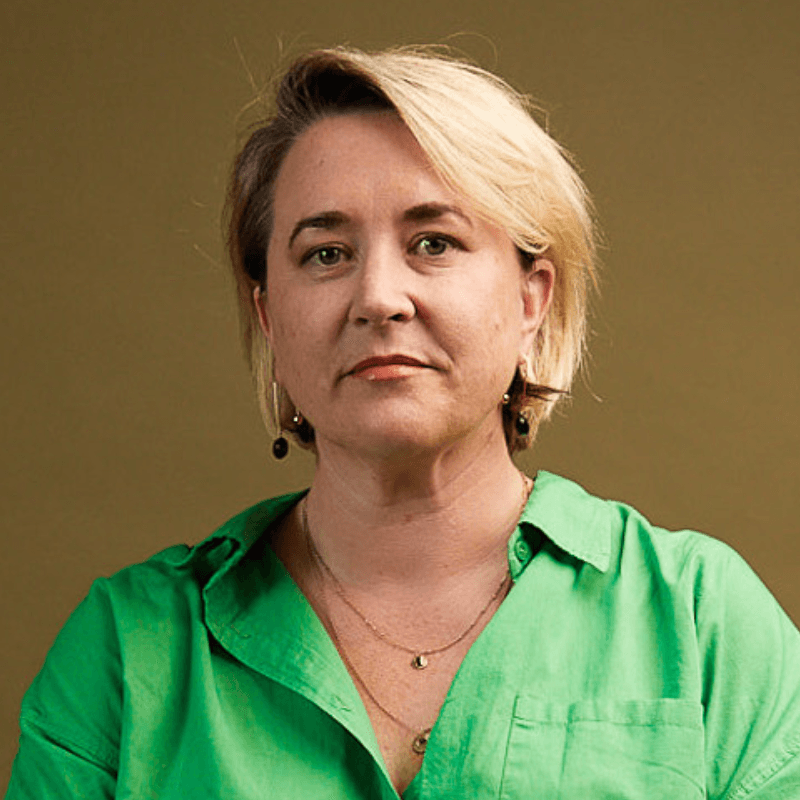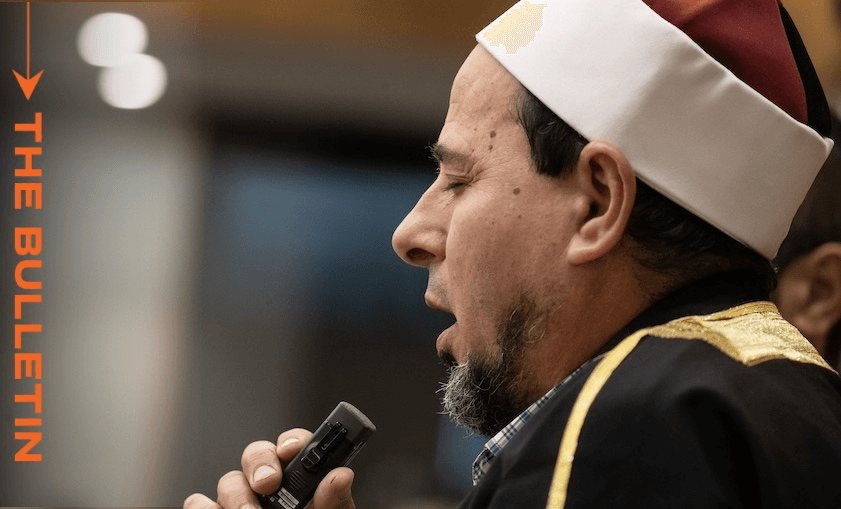Christopher Luxon wants to get on with it when parliament resumes. In the interim, National’s potential coalition partners are filling the vacuum created by the wait for special votes and negotiations continue, writes Anna Rawhiti-Connell in this excerpt from The Bulletin, The Spinoff’s morning news round-up. To receive The Bulletin in full each weekday, sign up here.
Christopher Luxon wants parliament to wrap up later and start earlier
Incoming prime minister Christopher Luxon wants to shorten the parliamentary closedown period over the summer. “There was work to do”, he said. When asked if everyone was aware of his desire to run longer and start earlier, Luxon told RNZ, “Well no disrespect but that’s what happens for the rest of the country, New Zealanders…work up till Christmas, they take Christmas break and then they get back into it in the new year.” It’s in keeping with other comments that suggest Luxon wants to bring his business background to the business of governing and the promised momentum embodied in National’s campaign slogan to “get this country back on track”. Side note: this is a fascinating read from The Post’s Mike White on the thinking and team behind that slogan.
Schedule for 2023 doesn’t have a lot of squeeze
Last year, parliament’s final sitting day of the year was December 14. The first cabinet meeting of the year was scheduled for January 25. Traditionally the political year is deemed to start with the Rātana celebrations in late January, and the first sitting day in 2023 was February 14. As the Herald’s Thomas Coughlan notes, the last sitting day of this year is Thursday, December 21. In practice, the House will adjourn on the Wednesday. “Parliament doesn’t sit on Fridays or over the weekend. Unless Luxon wants to change that, it is hard to see how he could squeeze additional sitting time out of parliament this year, beyond forcing the House to adjourn on Thursday, rather than Wednesday,” he writes. Last year, Labour and National MPs called for shorter sitting days to allow “members to spend more quality time with their families” and the Act party proposed that parliament sit for four days a week for 23 weeks a year instead of three days a week for 30 weeks to reduce air travel emissions.
Questions about tax cut timeframe from Act
As coalition talks continue with little comments being made about them by all parties concerned, and we wait for the special vote count, there is something of a vacuum, but as Ben Thomas writes this morning, cogs will be in motion in Wellington as recruitment of new staffers ramps up. In the absence of coalition news, Act’s David Seymour has questioned National’s time frame for delivering tax cuts, and National’s Mark Mitchell has provided some insight into how the party’s promised “gang crackdown” might work. Mitchell says the party may ban gang facial tattoos if its planned ban on gang patches does not work and cited an Australian law where “gang members have to wake up in the morning, and they have to apply foundation to cover offensive tattoos.”
Peters claims about knowledge of mosque attacks deemed ‘inaccurate’
Yesterday, those sitting through the harrowing, blow-by-blow details of the lead-up to the Christchurch mosque attacks at the coronial inquest heard from the parliamentary staffer who called 111 after receiving the terrorist’s manifesto by email. It is well documented that the call was made two minutes after receiving the email and that the email was received just minutes before the attacks started. It contained no details as to the location of the planned attacks. This information was conveyed by then-prime minister Jacinda Ardern in a press conference the day after the attacks. Last night, NZ First leader Winston Peters tweeted claims that yesterday was the first we’d heard of this information. A spokesperson for the prime minister’s office said last night that the tweet from Peters was “completely inaccurate” and “Mr Peters should remove the tweet and post a correction”. Peters continued his condemnation on Twitter, saying, “Not once were we transparently informed of this information” and “To excuse it because it was known at a ‘public press conference’ the next day, instead of information that should’ve been shared with the deputy prime minister and coalition partner the day before, is as bizarre as it is biased.”



